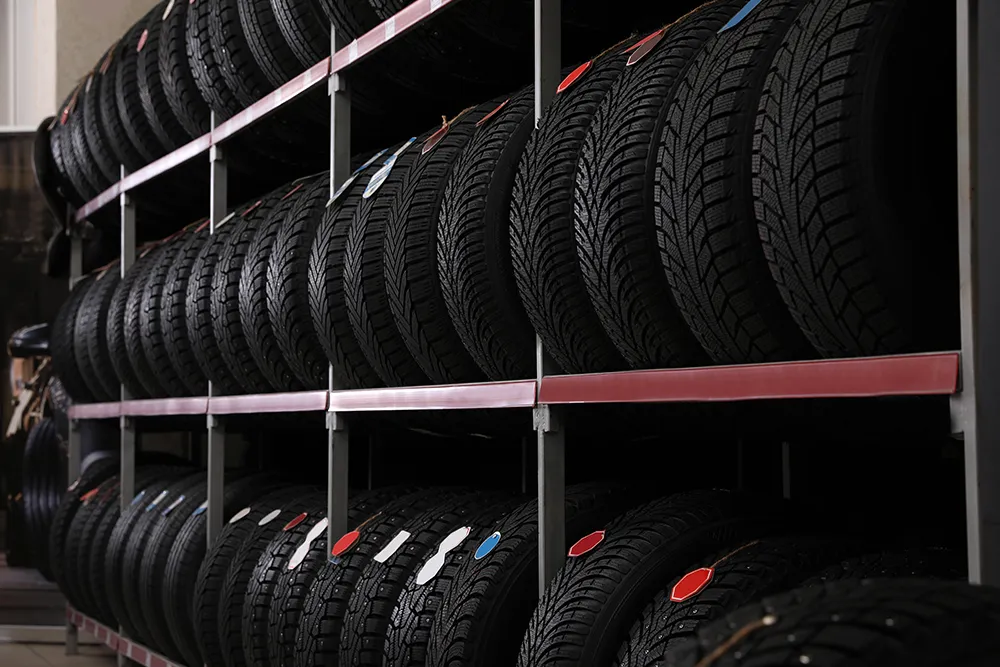As the temperatures start to drop and the first signs of snow appear, many drivers start to wonder if they need winter tires. Winter tires can provide greater safety and traction in cold weather, but are they really necessary for your vehicle? Let’s explore the benefits of winter tires and help you determine if they are the right choice for you.
What Makes Winter Tires Different?
Winter tires are specifically designed to perform better in cold temperatures, snow, and ice. Here are some key differences between winter tires and all- season tires:
Tread Patterns:
Winter tires have deeper tread patterns with more sipes (thin slits) to provide better grip on snow and ice.
Rubber Compound:
Winter tires are made of a softer rubber compound that stays flexible in cold weather, allowing for better traction.
Performance:
Winter tires outperform all-season tires in snowy and icy conditions, decreasing stopping distances and improving overall handling.
When Should You Consider Winter Tires?
While all-wheel drive and traction control systems can improve your vehicle’s performance in winter conditions, they are not a substitute for winter tires. You should consider investing in winter tires if:
- You live in an area with frequent snow and ice.
- You regularly drive in temperatures below 45°F (7°C).
- You want to prioritize safety and control in winter weather.
The Benefits of Winter Tires
Here are some advantages of using winter tires:
- Improved Traction: Winter tires provide better grip on snow and ice, reducing the risk of skidding and accidents.
- Shorter Stopping Distances: The softer rubber compound of winter tires allows for better braking performance on cold surfaces.
- Enhanced Maneuverability: Winter tires offer better handling and control when driving in slippery conditions.
How to Care for Winter Tires
To ensure optimal performance and longevity of your winter tires, follow these maintenance tips:
- Proper Inflation: Check tire pressure regularly to maintain optimal traction and fuel efficiency.
- Rotation: Rotate your tires regularly to ensure even wear and maximize their lifespan.
- Storage: When not in use, store your winter tires in a cool, dry place away from direct sunlight to prevent damage.
Final Thoughts
While winter tires are not mandatory for all drivers, they can significantly improve your safety and performance during the colder months. If you frequently encounter snow and ice or prioritize safety on the road, investing in winter tires may be a wise choice. Remember to consult with a professional auto repair shop to determine the best tire options for your vehicle and driving habits.

